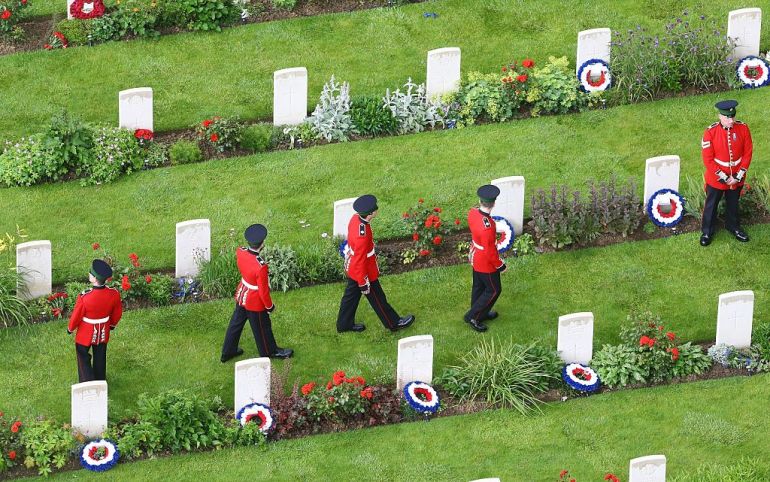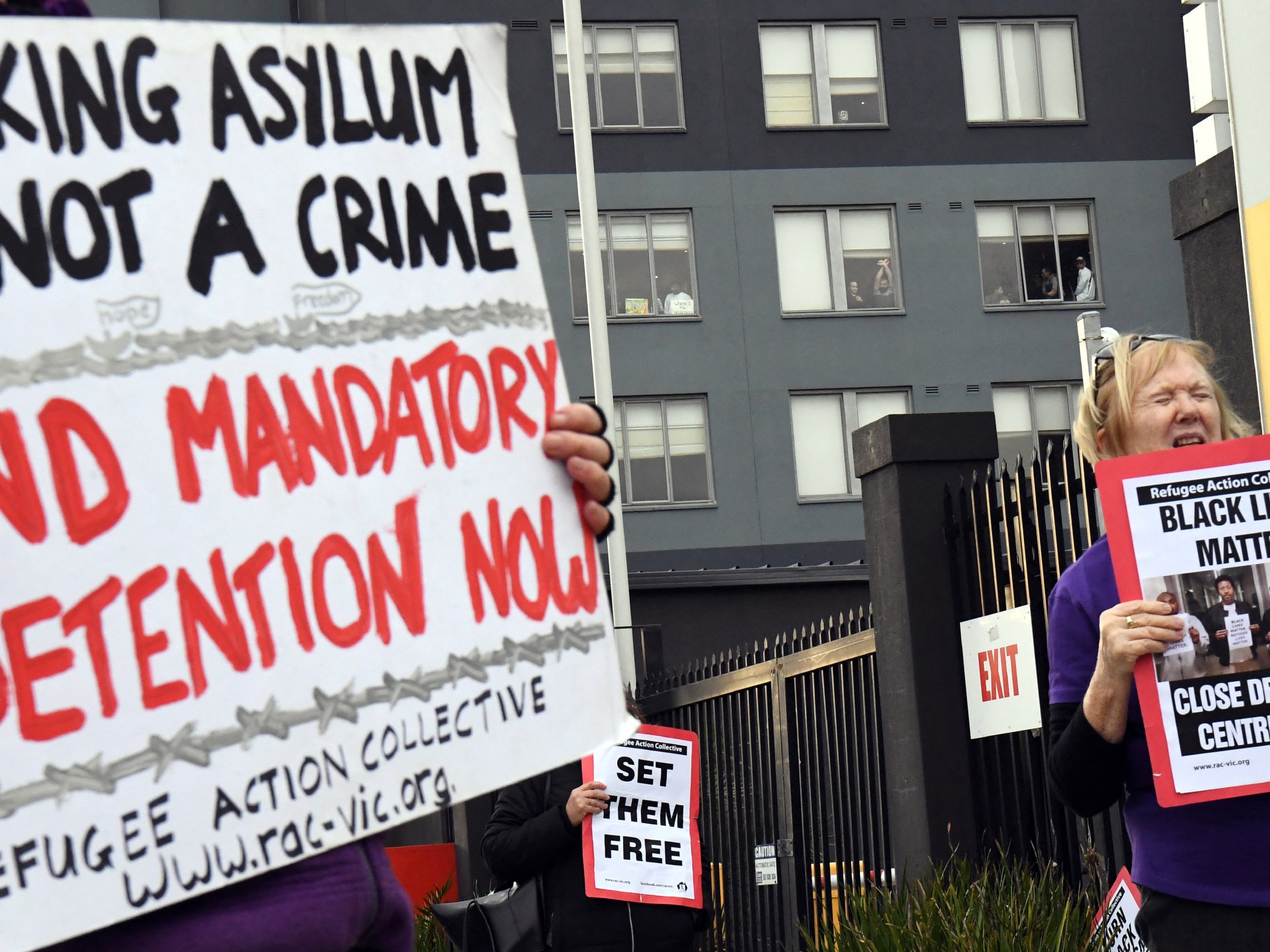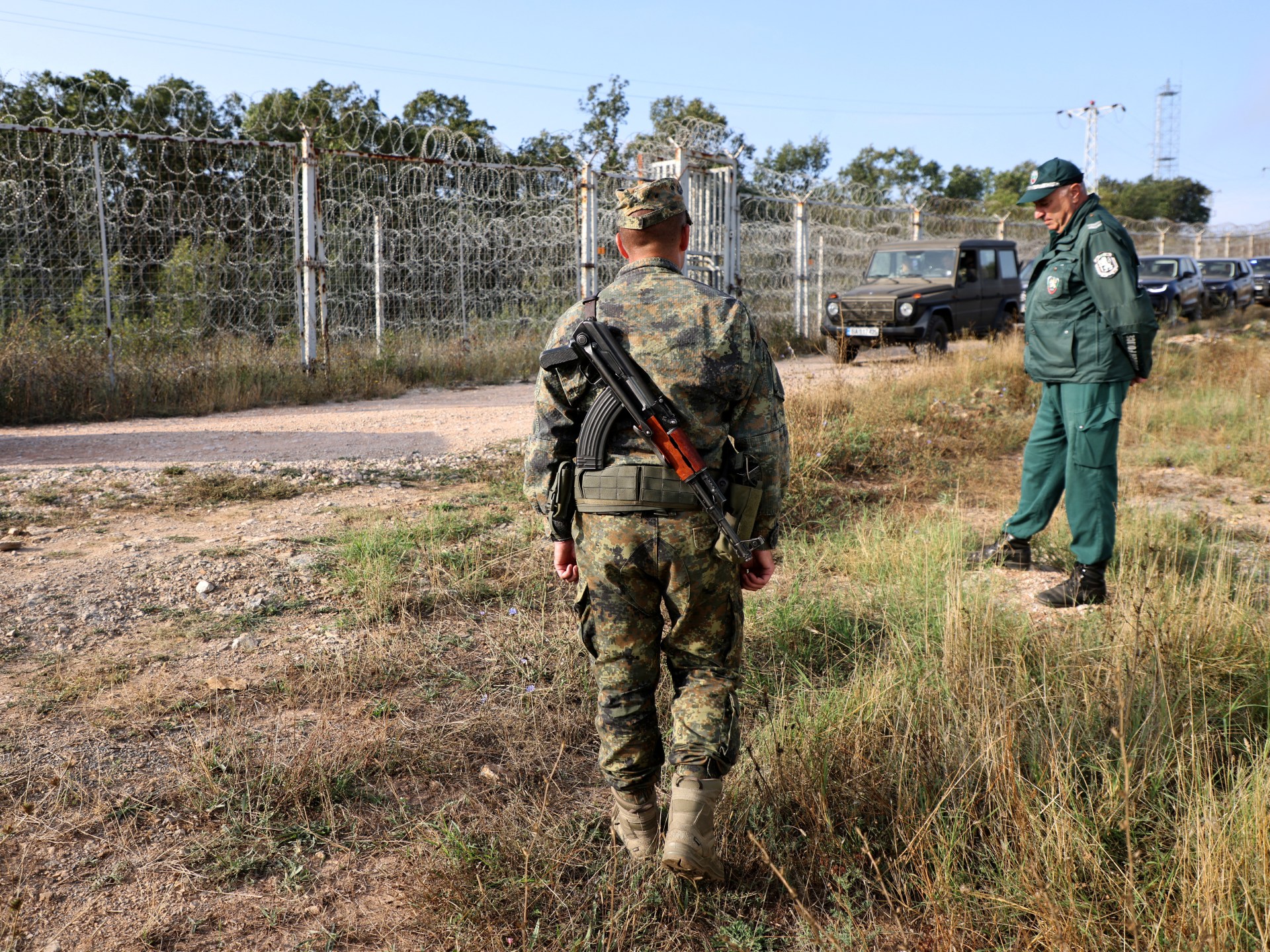Rwanda genocide sites, WWI cemeteries added to World Heritage list
The UN cultural body says memorial sites for human suffering can play a key role in peacebuilding.
The resting place of the more than 800,000 people killed in the 1994 Rwanda genocide was among sites in three continents added to UNESCO’s World Heritage list as the United Nations cultural body ends a moratorium on considering memorial sites for human suffering.
The sites at Nyamata, Murambi, Gisozi and Bisesero in Rwanda commemorating the mass killings of mainly Tutsi victims were “just inscribed on the UNESCO World Heritage list”, the organisation posted on social media on Wednesday.
The four sites in Rwanda commemorate the genocide that targeted the Tutsi minority in large part but also moderate Hutus who were shot, beaten or hacked to death by Hutu rebels between April and July of 1994.
“This historic decision will help safeguard memory, counter denial and strengthen genocide prevention efforts globally. #NeverAgain,” Rwandan government spokesperson Yolande Makolo posted on X, formerly known as Twitter.
The UNESCO move was also welcomed by Naphthali Ahishakiye, executive secretary of Ibuka, the association representing survivors of the genocide.
“This will make the genocide that was committed in Rwanda against the Tutsi more known across the world,” he told AFP news agency in Kigali.
Also included in the list were the World War I cemeteries in Belgium and France, as well as a former torture centre in Argentina.
So far, the Auschwitz-Birkenau concentration camp in Poland and the Hiroshima Peace Memorial in Japan have been the only memorial sites inscribed on the UN’s cultural agency’s closely watched World Heritage list.
At a meeting of the UNESCO World Heritage Committee in Riyadh, Saudi Arabia, on Wednesday, UNESCO member states agreed to add the Rwanda genocide and World War I sites to the list, after adding the Argentina torture memorial on Tuesday.
A UNESCO meeting in 2018 held off on adding memorial sites to the list as the agency debated whether the heritage list is a relevant tool for sites of memory associated with atrocities and conflicts.
The agency said member states agreed in early 2023 that these sites can play a key role in peacebuilding, which is UNESCO’s primary purpose, and that the committee would consider the nominations of the three sites.





